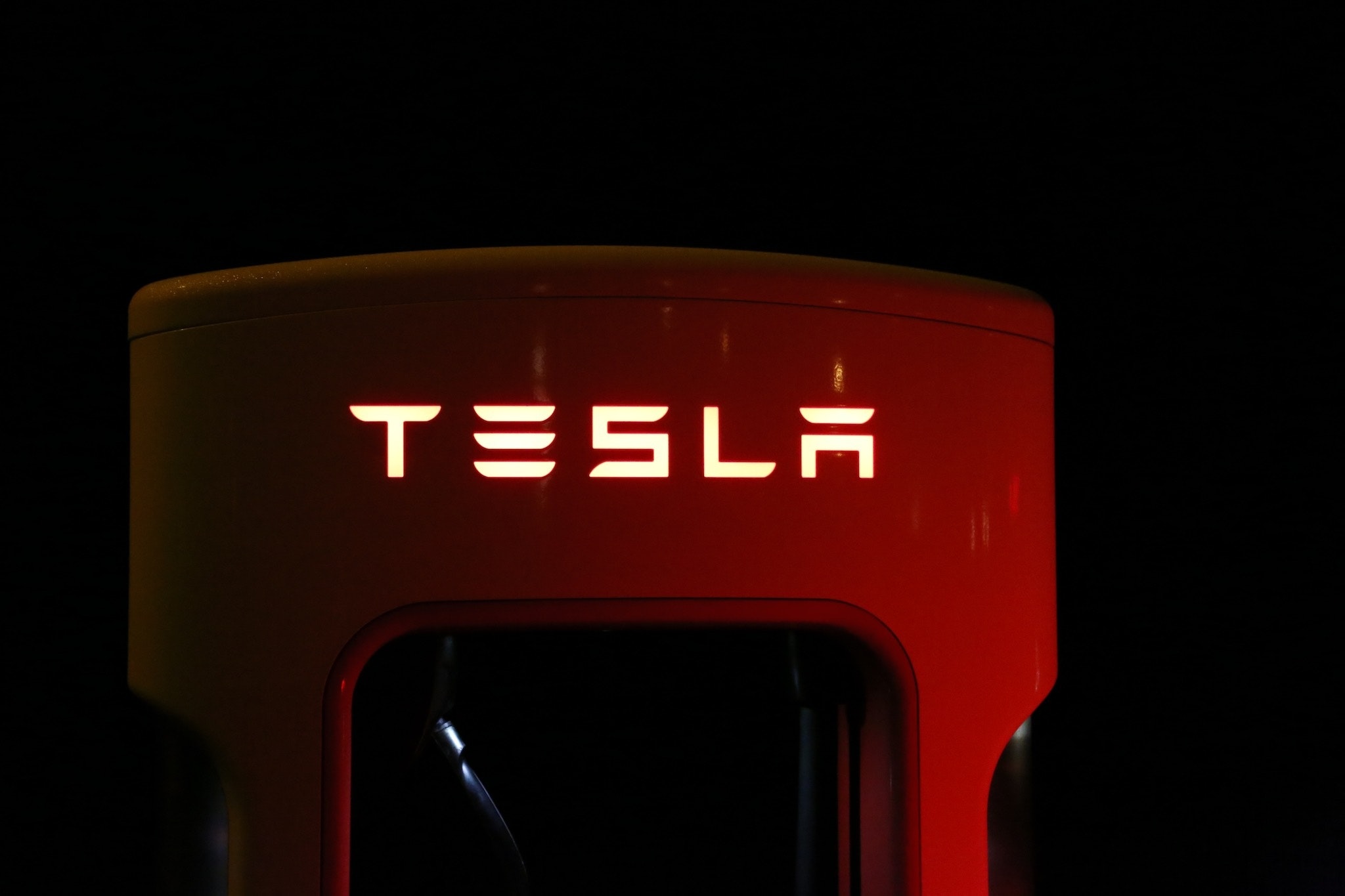Telsa, known for its futurist electric vehicles, has been trying to solve a pain for its drivers since Q3 2019, the cost to insure its cars.
Telsa went into the insurance business last year, claiming to provide its owners up to 20% to 30% cheaper rates than other insurers.
Telsa’s Model X and Model S grabbed the top 2 spots of a 24/7 Wall St. and USA Today survey of the most expensive vehicles to insure. The average cost to insure a Tesla topped $1,850 in that survey.
In California, the average insurance cost for a Model 3 — the least expensive Tesla — was $1,913 yearly, with a $500 comprehensive and collision deductible, according to a ValuePenguin survey.
“While it is entirely possible that Tesla can offer significant savings, it’s not clear if current [owners] will be able to take advantage of them immediately,” Mark Fitzpatrick, an auto insurance analyst at ValuePenguin, said to CNBC.
So why did Tesla start selling car insurance?
For one thing, Tesla maintains it knows more about its cars, technology, and repair process so that it can offer better-priced policies.
While anonymous, aggregated data is helping set the current policy prices, in the future, Tesla could roll out more bespoke services. They would mirror some insurance companies that offer policies that use so-called telematics, to provide drivers with quotes based on how they actually drive.
That potential to use real-time data could have a significant impact on most of our lives, wrote Alex Zarifis, a research associate at Loughborough University, for Worth magazine.
In the short term, Tesla drivers can look forward to insurance that is arguably more seamless and convenient and may well be cheaper—particularly if they clock up fewer miles and drive safely. (Drivers should still compare prices with other insurers: The likes of Progressive and GEICO are among those that insure Tesla vehicles.)
In the longer term, this is a sign that insurance—like banking, road tax and many services—will be driven by real-time data. It will probably change our behavior for the better. We will probably drive slower, eat healthier food and exercise—even if libertarians will be uneasy.


